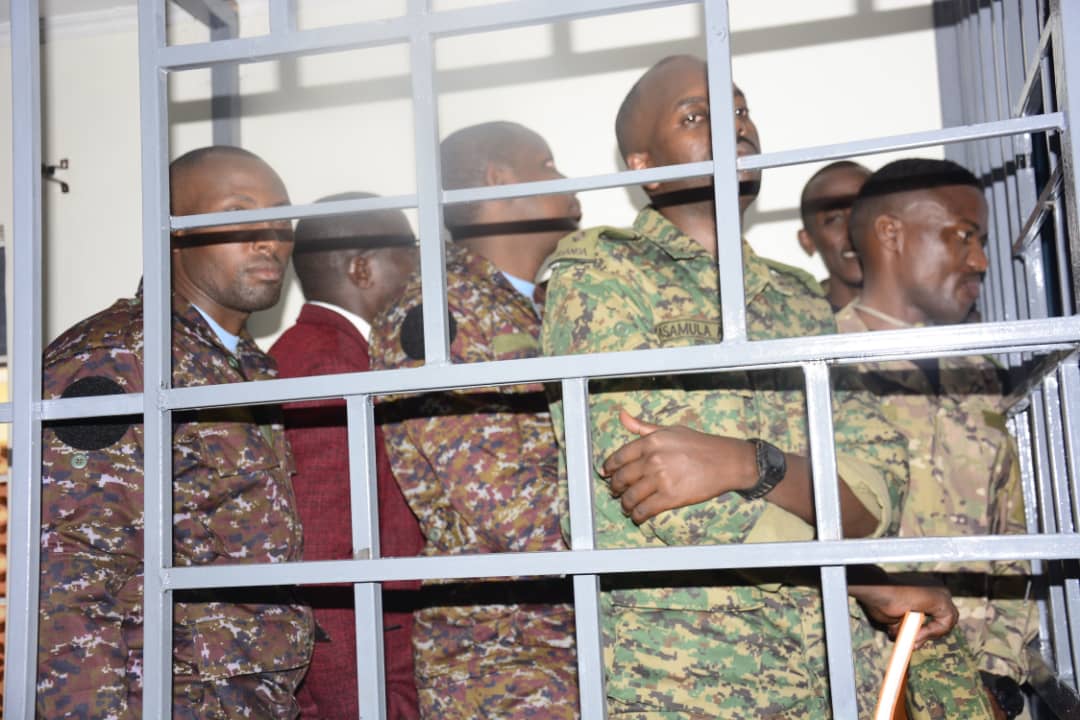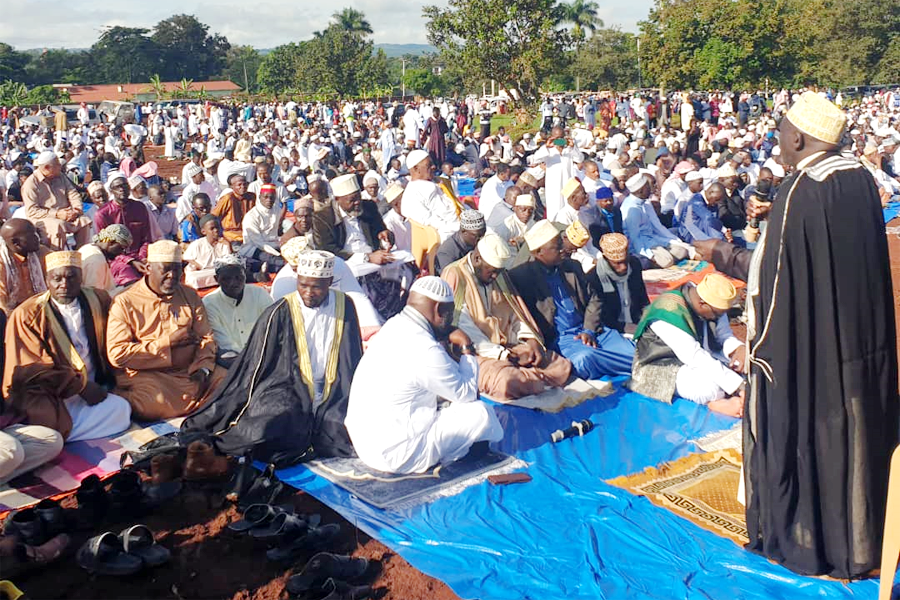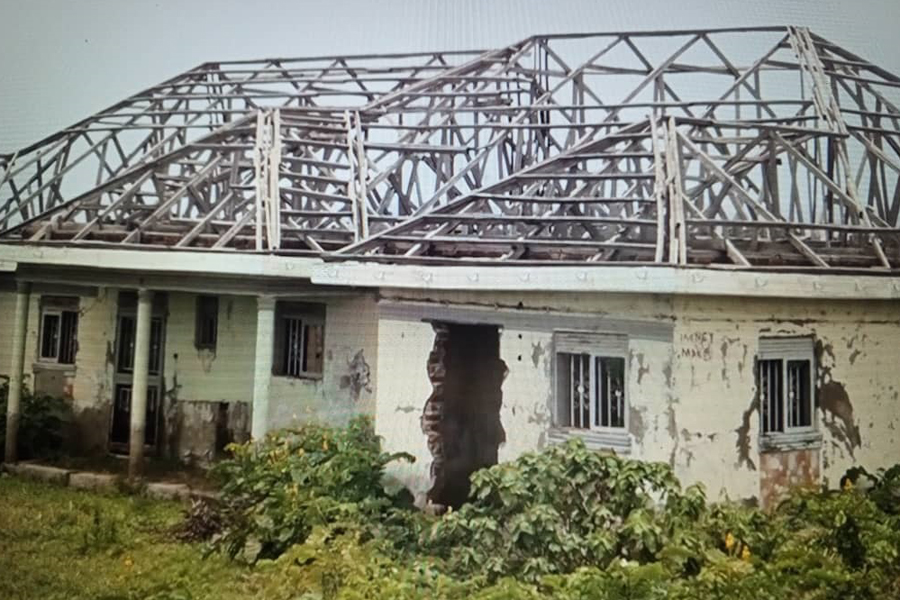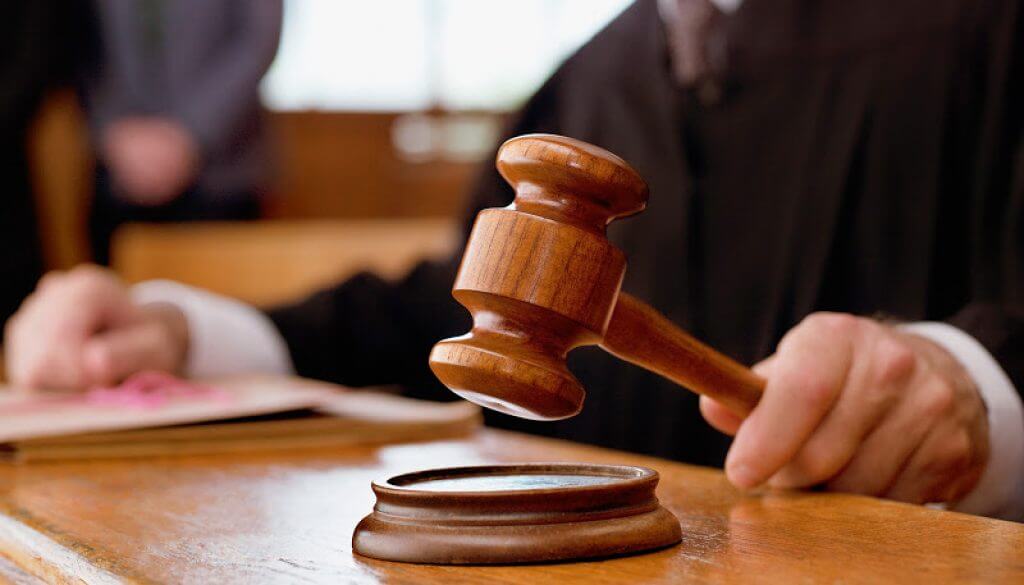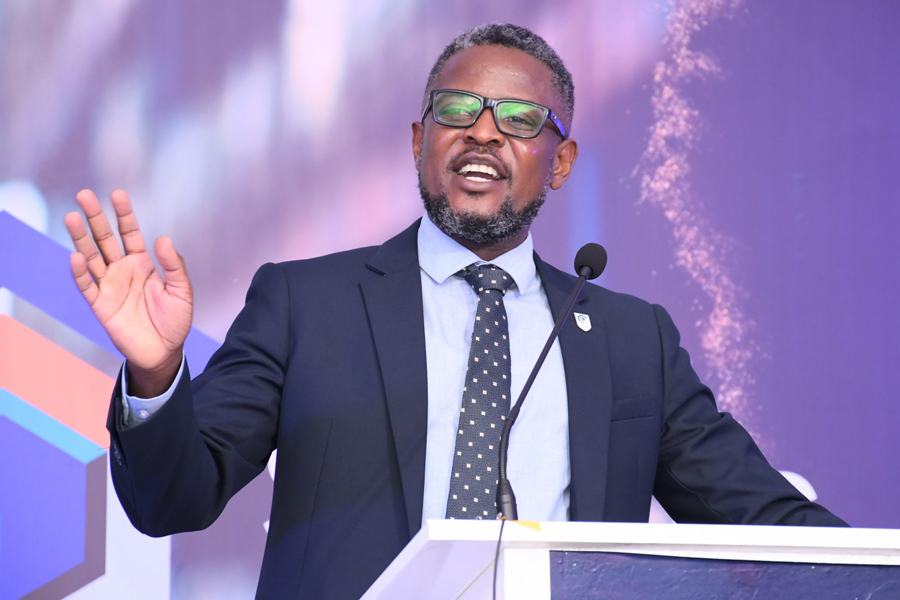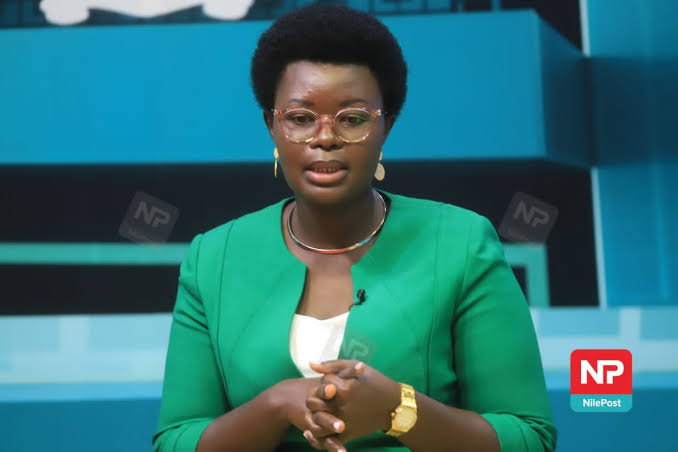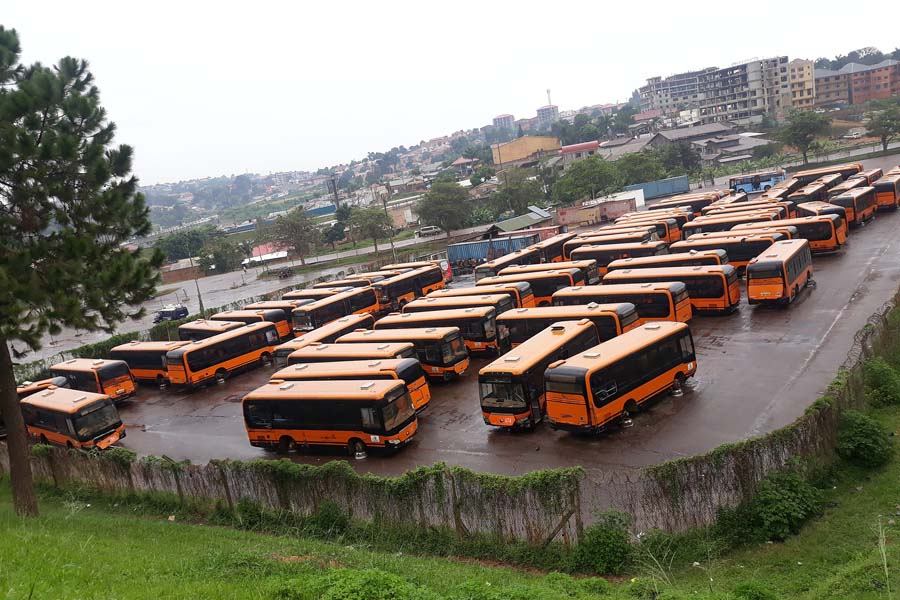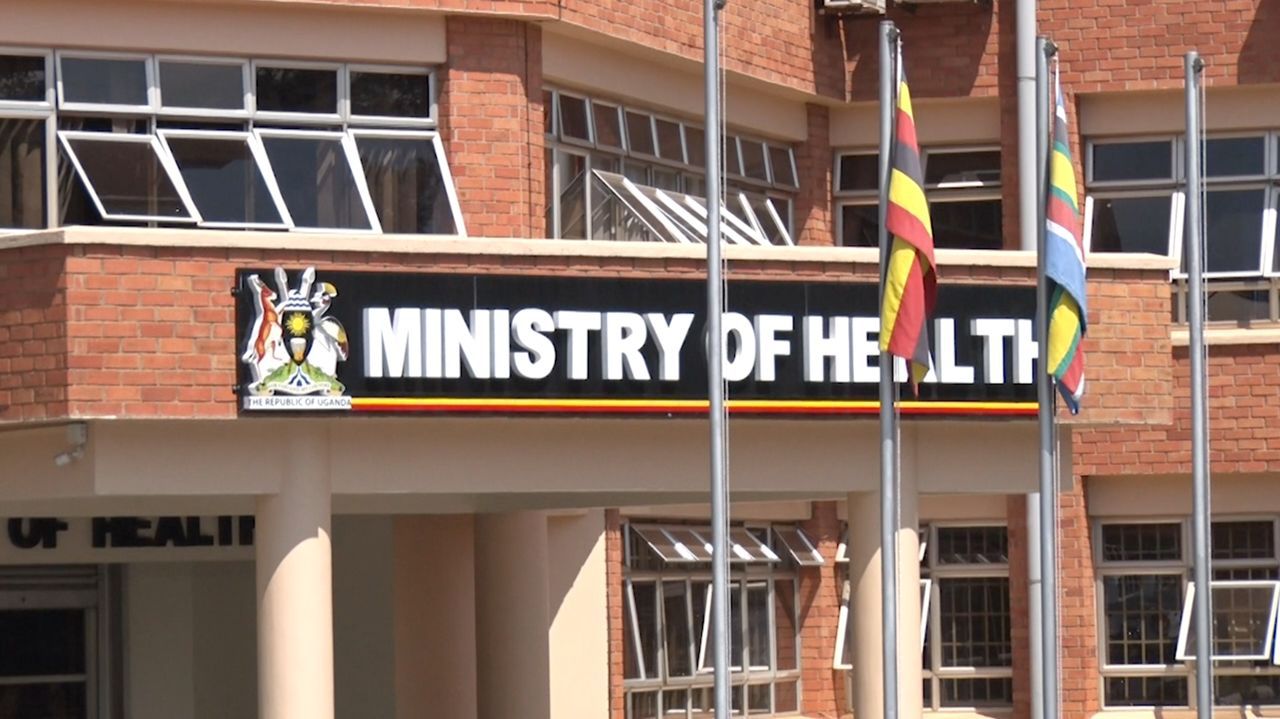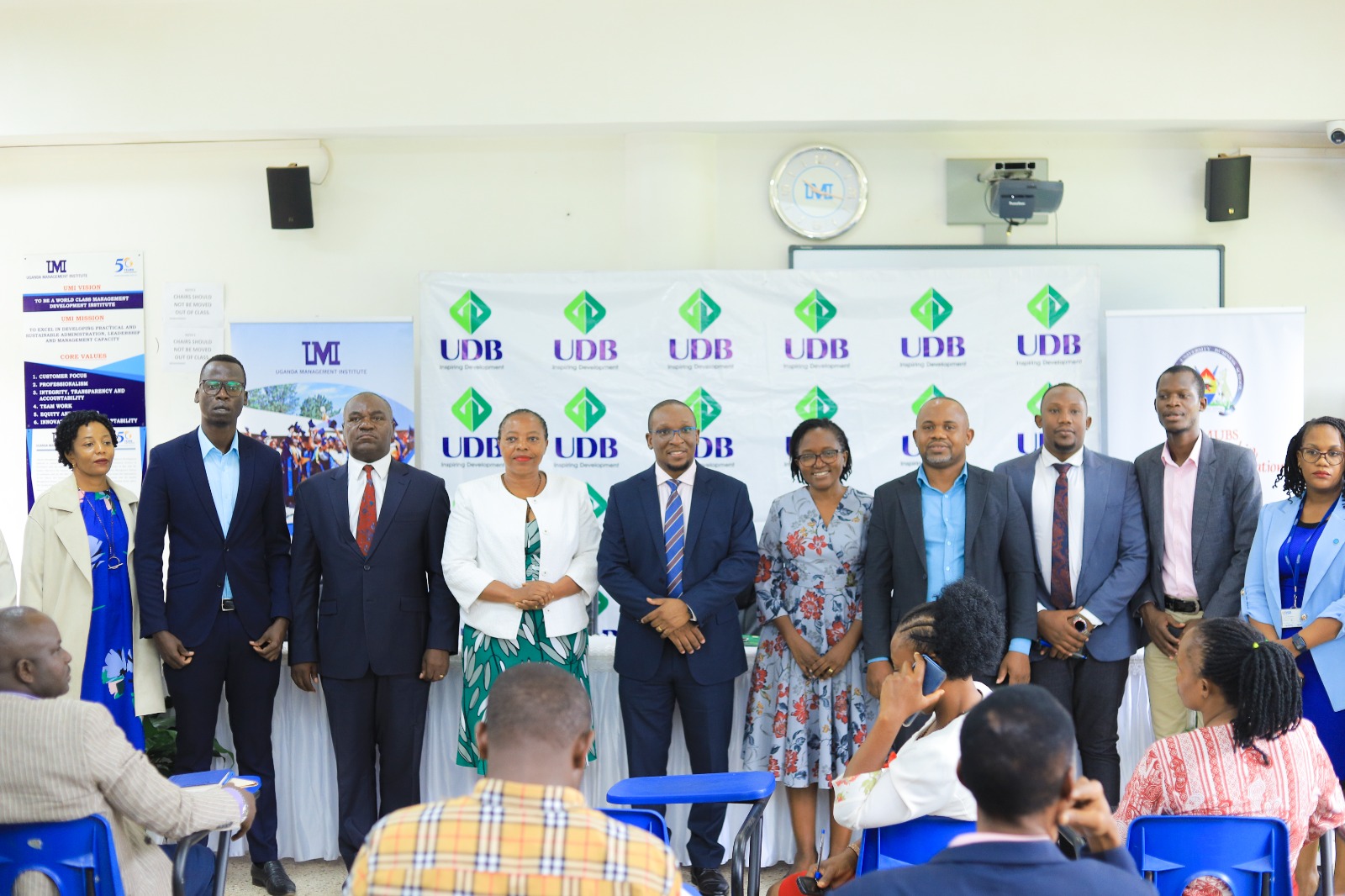During his four years in office, President Donald Trump and his Republican administration repeatedly highlighted so-called "infrastructure weeks" that ultimately resulted in few big projects moving down the line.
On Thursday, Trump's successor, Democrat Joe Biden, hosted his first infrastructure event, inviting a bipartisan group of senators to the Oval Office to "try to see if we come to some kind of generic consensus about how to begin."
Biden, who said he spoke Wednesday with Chinese President Xi Jinping for two hours, made note during his Thursday meeting with the four senators of China's massive infrastructure investments.
"If we don't get moving, they're going to eat our lunch," said Biden of the Chinese. "They have major, major new initiatives on rail. And they already have rail that goes 225 miles an hour with ease. … They're working very hard to do what I think we're going to have to do."
White House press secretary Jen Psaki said she thought Biden's view was "we're in a competition with China, and he's clear-eyed about the depth of that challenge."
Asked by a reporter how much the president wanted to spend on infrastructure, Psaki said that was "a process of ongoing discussion" and there was yet no specific number.
In addition to the senators, Vice President Kamala Harris attended the Oval Office meeting, while Transportation Secretary Pete Buttigieg joined remotely. He was in quarantine because a member of his security detail tested positive Monday for the coronavirus.
The group "established the mutual understanding that America needs to build new infrastructure across urban and rural areas and create millions of good-paying jobs in the process of supporting the country's economic recovery in the months and years ahead," said Psaki.
That rhetoric echoes what was heard during the administrations of Democrat Barack Obama and his successor, Trump. Those two administrations ultimately exhausted more legislative energy in health care and tax cuts, respectively, after touting grandiose ambitions to repair America's infrastructure.
"Infrastructure is the best idea that never happens," according to Bipartisan Policy Center President Jason Grumet, who expressed optimism the subject might achieve more legislative traction during the Biden administration. "There is a broad-based agreement that in addition to the resources that have been invested in a kind of immediate urgency around surviving the winter, there is now an agreement that there needs to be some deeper investment."
The desire for huge government spending to overcome the economic damage caused by the coronavirus pandemic is in addition to a "very strong view that we as a nation are trying to run a 21st-century economy on a 20th-century infrastructure and that simply diminishes our national competitiveness," especially with respect to China, Grumet told VOA.
Obama, in 2009, emphasized "shovel-ready" projects that would benefit from his $800 billion stimulus plan. Congress eventually allocated only about $28 billion of that package for transportation infrastructure.
Trump, in 2018, proposed spending $200 billion over a decade to spur $1.5 trillion, mostly for private sector infrastructure projects, but Congress never voted on it. Before leaving office, his administration proposed a $1 trillion infrastructure spending plan, although it was never publicly released.
Source: VOA



